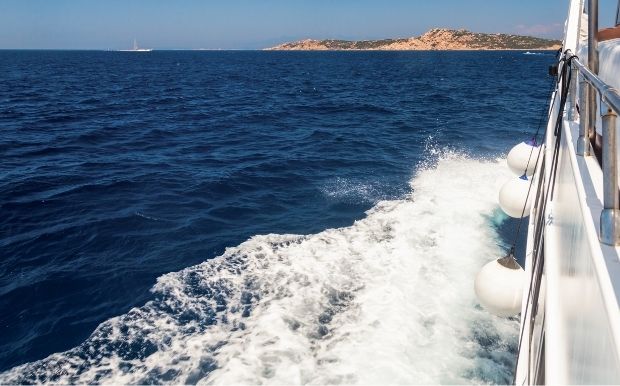It’s been an interesting quarter helping yacht management companies of all shapes and sizes on a multitude of land based recruitment projects. We’ve had some spectacular successes, but some of the assignments have come with a variety of challenges which have hindered the process while negatively impacting all parties; namely the hiring company, the candidates themselves and the recruitment partner.
In this blog, I’d like to share some personal insights into these common scenarios and encourage some dialogue on how we as an industry can improve the hiring experience for every stakeholder.
Exclusivity
Let’s start with the much-maligned and often misunderstood subject of exclusivity. It has a place in the recruiting mix, producing amazing results when deployed in the right circumstance, yet it is still a topic which induces mild panic and has the company HODs shifting uncomfortably in their seats.
The reasons for this are myriad; there’s a perceived safety in multiple agency engagement, particularly when it comes to recruitment in the yachting sector where the talent pool is both shallow and niche.
Clients feel like risk is mitigated while the chance of success is multiplied. Add to this existing agent relationships, a reluctance to change and a “this is the way we’ve always done it” bias and suddenly exclusivity can feel very daunting.
But by keeping their roles in competition, a yacht management company is inadvertently putting the focus squarely on speed while simultaneously taking it off quality. A common mistake is thinking multiple engagement duplicates effort when, in fact, it serves to dilute it.
The recruitment agencies themselves are now in a race for the fee, resulting in quick bursts of activity and a flurry of poorly qualified candidate options. Everyone is hurriedly looking in the same places, with no opportunity to leverage networks and communities or assess the passive 70% of talent sitting below the waterline and is invisible. Which, incidentally, is where you will find the ideal candidate for your role 8 times out of 10.
As a result, executive ‘search’ methods are not adopted because none of the multiple agents involved are motivated to take such an in-depth approach to finding you the right candidate.
Following this short burst of agency activity, the interest begins to wane as they realise the hiring company won’t commit to anyone, and the assignment slowly tanks. So there is also a lack of ownership. Who does the buck stop with if you have engaged three agencies? Working with one agency means you are partnering with an agency who will give 100% commitment to delivering the best results.
Personally, if I feel exclusivity is beneficial for a particular assignment then I am asking for the opportunity to do my best work for the client, over an agreed and defined period of time. I am making a commitment to filling the role and I’m looking to share the risk.
Simply put, if I can’t find the right candidate then I don’t get paid despite my investment in time and effort. With specialist, niche or critical hires in the yachting sector, my advice is to pick one horse in the race and back it. If you’re choosing your recruiting partner wisely then exclusivity is always the best option for a smooth hiring process, a quality shortlist and ultimately a great hire.
Brand representation
Another point to consider as the yacht management company is the representation of your brand in the talent pool. This is so often overlooked. Returning to the multi-agency scenario for a moment, I’ve recent anecdotal evidence from candidates who’ve received separate calls from different agencies about the same role over the course of a single day! The role is being presented differently every time, there is conflicting info and a lack of knowledge regarding the role and the company involved. It reflects badly on everyone and serves to prejudice candidates against ostensibly good employers being let down by shoddy recruitment practices.
In a similar vein, I’m noticing a sharp increase in candidate submissions being sent on spec. There are some management companies harvesting CVs and there are agencies who are facilitating it. Who does this serve? Brand reputation is compromised again when a candidate receives a flattering call where some carrots are dangled with the intention of securing the CV, only for the recruiter to go dark because there isn’t a role in play.
Speed
A final word on the hiring process itself. The pool of high-quality talent is small, and Project, Yacht, Operations and Technical Manager roles are repeatedly candidate-short markets. Add the challenges of COVID-19 and Brexit to some extent, and the recruitment process has become even more intensive.
These are well known facts, yet recruitment in the yachting sector often becomes drawn out and long winded for various reasons, sometimes beyond the employers’ control. But this is a massive handicap for the employer in question. You simply can’t afford to do this in the race to secure the best talent. The agile company wins, every single time.
In summary, we all have a part to play in improving the way recruitment in the yachting sector is handled, especially when hiring for land-based roles. Management companies, candidates and agencies could all do much better. Talent leak is real, the game has become more challenging and there are more obstacles in the way than ever before. To evolve we must all adapt.




